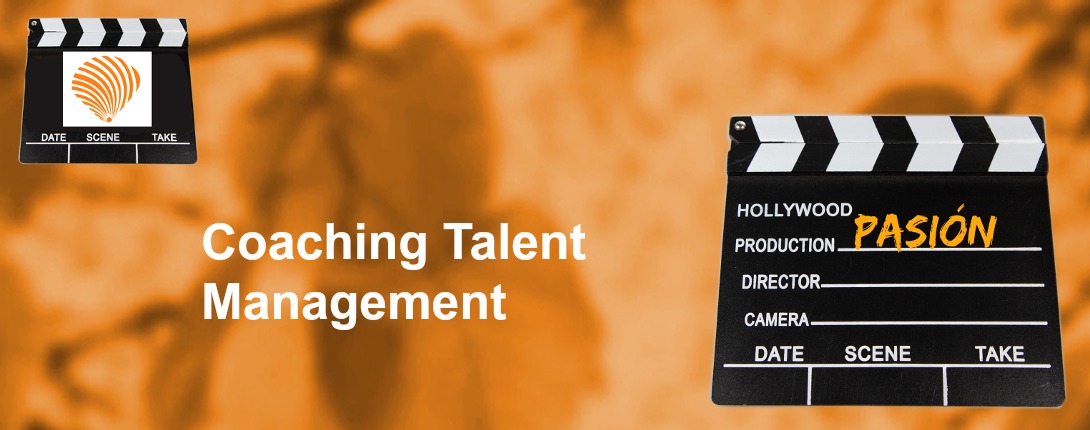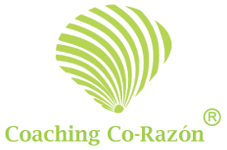Inspiring…
- info@coachingccr.com
- 679 16 90 52
Here, I would like to share with you some interviews with people who, from my perspective, show an evident natural talent. They are accessible, affectionate and humble men and women who are, above all, great professionals. They are professionals with great braveness and courage, lots of self-respect and an immense work capacity who, just like me, have decided to make their dreams come true. I think it is vital to optimize resources and join forces in order to face the difficulties we encounter when developing our business projects. I have been so lucky as to meet each and everyone on them on my life journey, and I want you to know these people and the projects they are involved in. You might be interested in contacting them one day.
I shouldn’t be saying this myself but, during the last months, a series of causative factors, almost fate, have allowed me to easily and successfully surround myself with good professionals, both men and women, to the point of even feeling like a talent scout.
While I progressively define my business idea, all these people accompany me and embark on diverse challenges, showing the great work capacity, creativity and talent they all have. Being able to surround yourself with top professionals has been an essential factor to create my own personal brand, an innovative brand that desires to expand at the European level in the short term.

After everything I have lived in the past decades, I can finally use my life experiences (and the emotional authority they have provided me with), together with my training in the fields of Leadership, Emotional Intelligence, Organizational Coaching, Project Managing, as well as my social and interpersonal skills and communication and directing strategies, in order to help people reach their goals, always keeping their values, mission and visions in mind. In short: we walk hand in hand during the development of your potential and talent.
North-American psychologist Edward Thorndik introduced the concept of “social intelligence”, that is to say, the ability to understand others and motivate them based on empathy. Two decades later, psychologist David Wechsler emphasized the “importance of non-intellective factors on intelligent behaviour”.
In 1983, Howard Gardner published his theory about multiple intelligences and, in 1995, Daniel Goleman wrote the bestseller “Emotional Intelligence”, a term he defines as the ability to recognize our own emotions and the emotions of others, to motivate ourselves and appropriately manage relationships.

Luckily, the work mentality of people in the 21st century is very different from that of past generations. In the past, the concept of intelligence was too limited, only restricted to our rational part. Steve Jobs was quite right to consider intuition as the main filter during decision making. All this, together with innovation, as well as the development of creative skills, accompanies and highlights the discovery of neuroscience. We all know that our brain has two different hemispheres, which are in charge of completely different tasks. Thanks to the most recent findings, we have found out that the brain processes ideas, thoughts, emotions, memories…
The current definition of “intelligence”, so different from that of past generations, is being revised. Nowadays, other types of intelligence, related to emotional intelligence, are being studied in school, so new generations can now work on aspects like resilience, empathy skills, assertiveness, emotional competences, etc. As a consequence, we are now observing the direct relationship between the identification, management and expression of emotions and the academic performance of students. Thus, in the future, when we entrepreneurs need collaborators to design our projects, we will find the best professionals, because, from an early age, they have learnt to manage their emotions in a healthier way. This will give rise to workers who know themselves better and have better interpersonal skills, that is to say: they have a higher emotional intelligence.
The “Feminine Talent” is attributed to both men and women, because it is related to the thinking process of the right hemisphere, where intuition, imagination, creativity and empathy, among others, reside. Conversely, the left hemisphere is in charge of the analytical, rational, methodical part. Nonetheless, these theories do not support the division of the cerebral hemispheres: they defend that it doesn’t matter where the processes take place, because everything is connected through neuronal networks. Both men and women realize how important it is to know oneself, to notice we are emotional beings and recognize that the management our own emotions, as well as the emotions of others, is fundamental.
It may sound strange, but reason is not the only factor in our daily decisions: intuition is also key. That’s why our emotions play such an important role –more important than we would imagine– when we make decisions every day. The integration of the intuitive mind and the analytical mind also symbolizes the integration of the conscious and unconscious parts, “two minds” that allow us to process information.
“Genius is 1% talent and 99% percent hard work.”
Albert Einstein.
